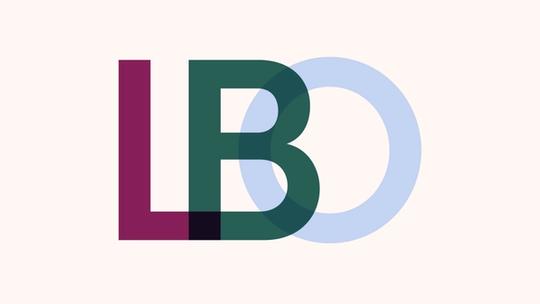What Is a Leveraged Buyout?


A leveraged buyout is an acquisition of a company where borrowed money is used as the primary source of funds for the purchase.
- Private equity firms that utilize LBOs typically have deep industry knowledge and operational experience
A leveraged buyout or LBO occurs when a company (often a private equity firm) predominantly uses borrowed money to finance an acquisition. The proportion of debt used – either through loans or bonds – typically ranges from 60 to 80 percent of the total transaction price, while the remaining consideration is settled using equity of the acquiring firm. Assets of both the purchasing and purchased company are often used as collateral.
A goal of an LBO is for the acquired company to generate enough cash flow to pay down the debt itself. After buyers gain control over a company, they tend to conduct a restructuring of the business to increase profitability via operational improvements and pay off the debt over time so the company can later be sold – hopefully at a profit.
Because LBOs are financed predominantly with borrowed funds, the equity contribution is smaller, meaning it may be possible for investors to achieve a high return on investment if the company performs well.
Private equity firms that utilize LBOs typically have deep industry knowledge and operational experience that can benefit the acquired company, potentially turning underperforming businesses into profitable ones. However, LBOs can place a debt burden on the target business.
ThinQ by EQT: A publication where private markets meet open minds. Join the conversation – [email protected]




